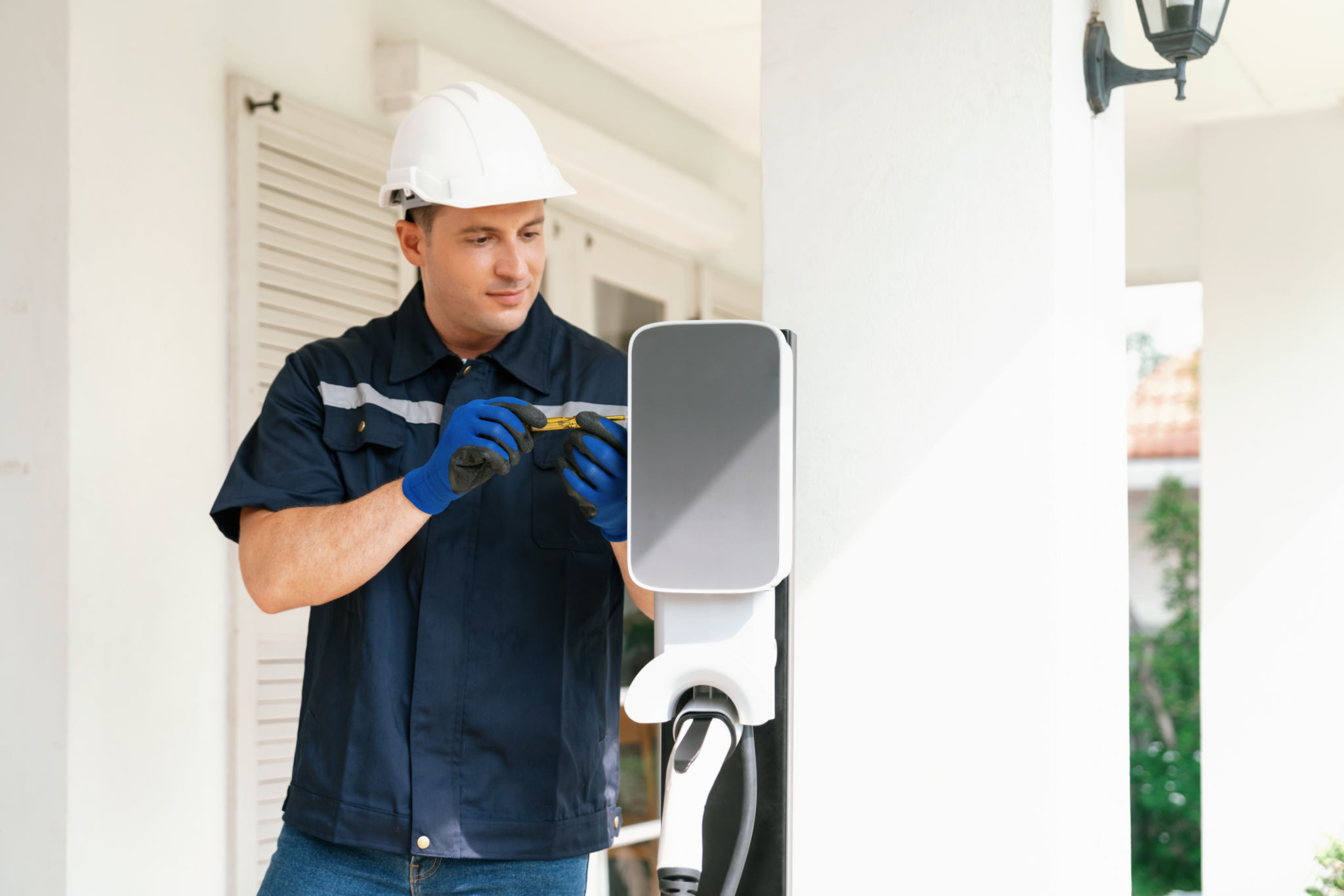Top Considerations When Choosing Between Level 1 and Level 2 EV Chargers
Understanding the Basics of EV Chargers
As electric vehicles (EVs) become increasingly popular, the need for reliable and efficient charging solutions is more important than ever. When setting up a charging station at home or at the workplace, one crucial decision is choosing between Level 1 and Level 2 EV chargers. Each option comes with its own set of advantages and considerations, making it essential to understand the differences to make an informed decision.
Level 1 chargers are the most basic type, typically using a standard 120-volt household outlet. They are often included with the purchase of an electric vehicle. On the other hand, Level 2 chargers require a 240-volt outlet and offer faster charging speeds, but they often involve additional installation costs.

Charging Speed and Efficiency
One of the most significant factors to consider is charging speed. Level 1 chargers provide a slow charge, generally adding about 3 to 5 miles of range per hour. This makes them suitable for overnight charging or for drivers who travel short distances daily. In contrast, Level 2 chargers can add around 20 to 60 miles of range per hour, depending on the vehicle and charger specifications. This faster charging speed is ideal for those who need a quick recharge or have longer daily commutes.
Beyond speed, efficiency is also important. Level 2 chargers are generally more energy-efficient than Level 1 chargers, which can result in lower electricity costs over time. However, the initial investment for a Level 2 charger may be higher, so it's worth considering how much you drive and how often you'll need to charge.

Installation and Cost Considerations
When it comes to installation, Level 1 chargers have a clear advantage as they require no special setup beyond a standard electrical outlet. In contrast, installing a Level 2 charger may involve significant upfront costs, including electrical upgrades and professional installation services. It's advisable to consult with an electrician to understand what modifications might be necessary for your home or business.
The cost of the charger itself is another factor to bear in mind. While Level 1 chargers are generally less expensive, the convenience and speed of Level 2 chargers can justify their higher price for many users. Additionally, some areas offer incentives or rebates for installing Level 2 chargers, which can help offset costs.

Location and Usage Patterns
Deciding between a Level 1 and Level 2 charger also depends on where you plan to use it most frequently. If you're primarily charging at home and have ample time overnight, a Level 1 charger might suffice. However, if you need to share a charger among multiple users or require quick top-ups throughout the day, a Level 2 charger may be more practical.
Furthermore, consider your future needs. As EV technology advances and battery capacities increase, having a Level 2 charger could become more beneficial over time. If you plan to upgrade your vehicle or anticipate increased driving distances, investing in a faster charging solution now could save time and hassle later.
Environmental and Lifestyle Impact
Choosing between Level 1 and Level 2 chargers also has environmental implications. While both types contribute to reducing carbon emissions compared to traditional vehicles, using a more energy-efficient Level 2 charger can minimize your environmental footprint even further. Moreover, faster charging times mean less energy consumption during peak hours, potentially lowering the overall demand on the power grid.
Your lifestyle also plays a role in this decision. For instance, if you frequently host guests or have family members with EVs visiting often, a Level 2 charger could offer greater convenience and hospitality. Understanding how your lifestyle aligns with each charger's capabilities will help ensure you make the best choice for your needs.
- Evaluate your driving habits.
- Consider future vehicle upgrades.
- Explore local incentives or rebates.
By taking these factors into account, you can choose the right EV charger that balances cost, convenience, and performance while supporting your commitment to sustainable transportation.